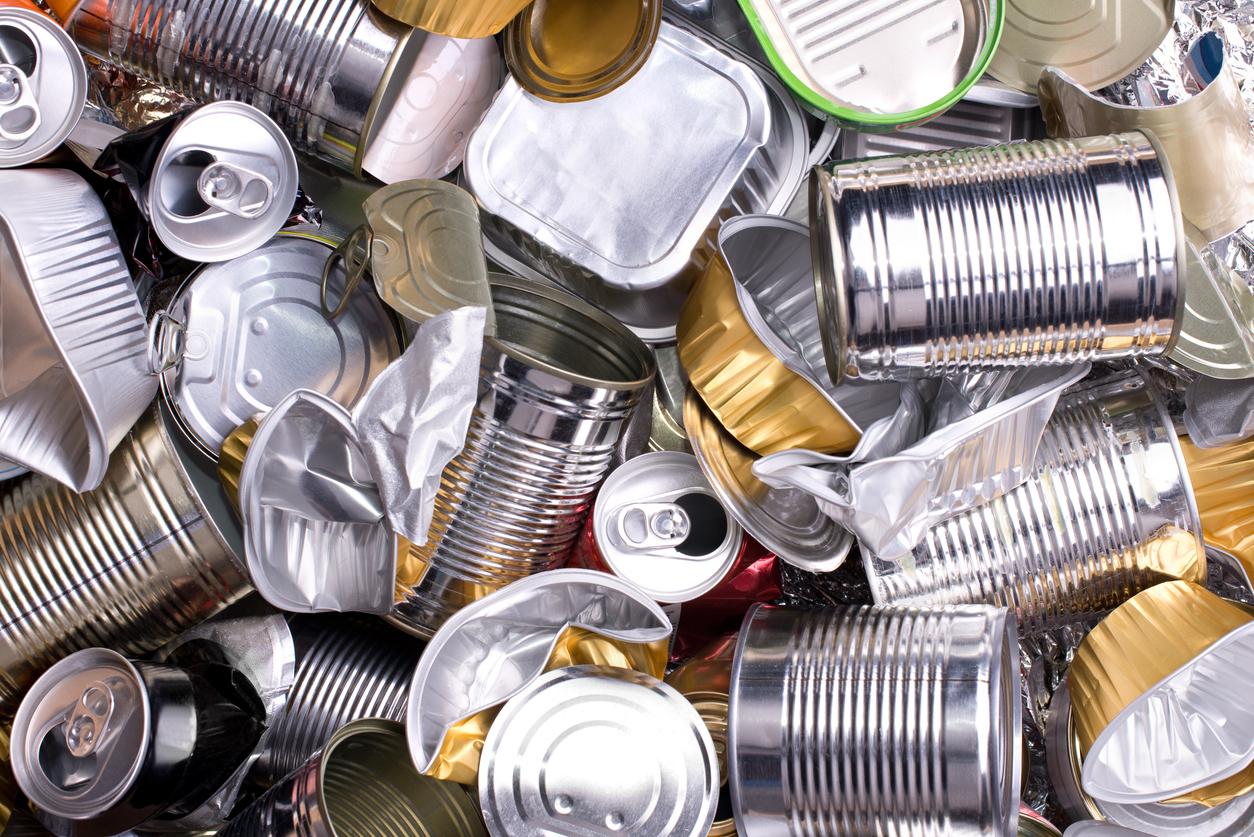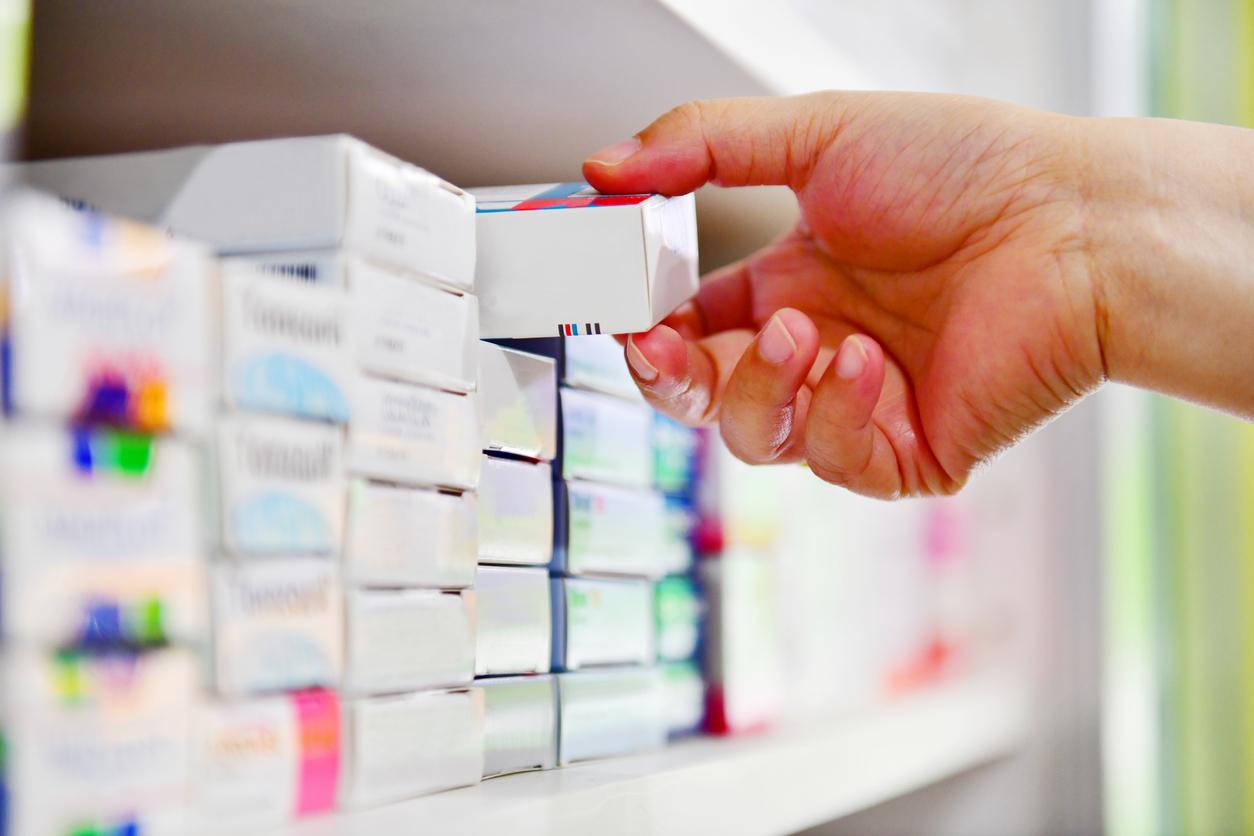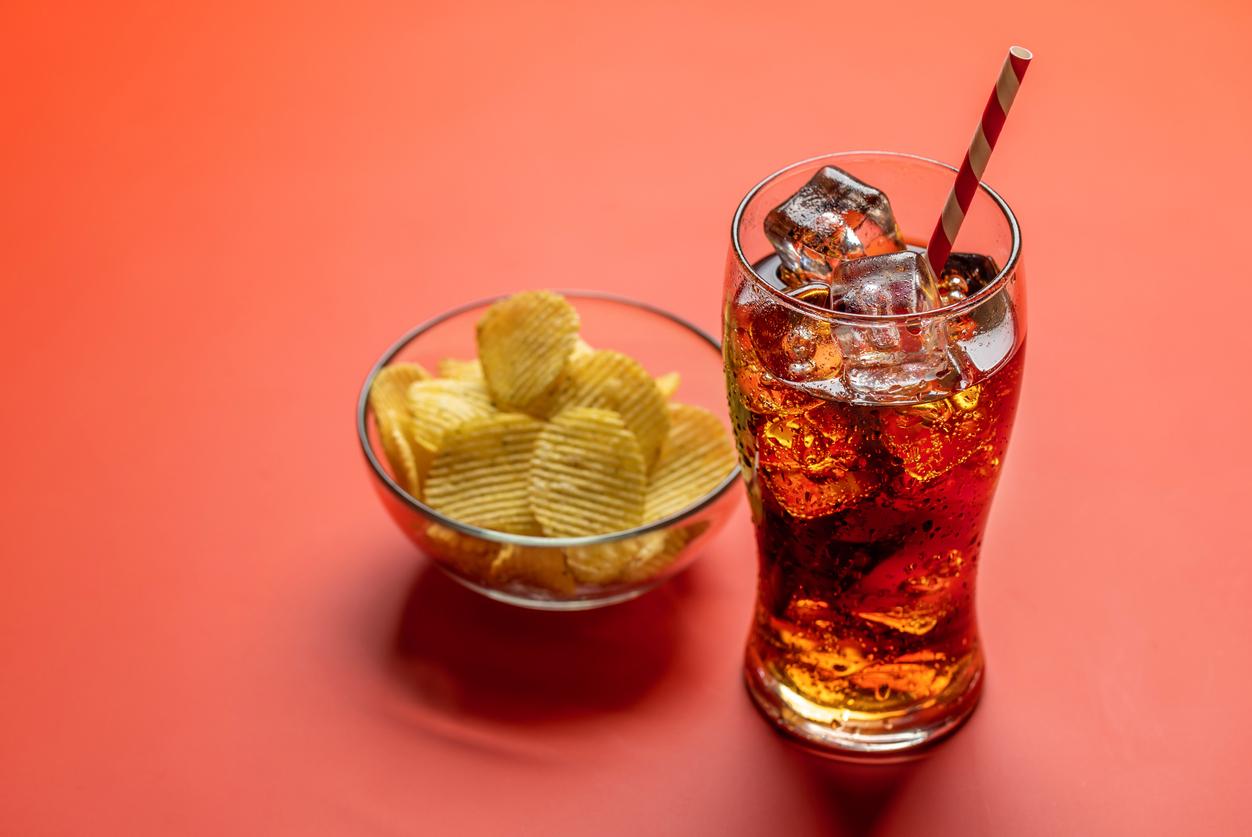Exposure to bisphenol A, found in cans, preserves and some plastic containers, is associated with an increased risk of developing type 2 diabetes, a study finds.

- New research reveals that exposure to BPA may, in addition to disrupting our hormones, increase the risk of developing type 2 diabetes.
- Study participants who ingested BPA for four days experienced “significant decreases in insulin sensitivity” (the body’s ability to regulate, use and dispose of blood glucose) compared to the control group.
- “Reducing exposure to BPA, through the use of BPA-free cans or stainless steel or glass bottles, may reduce the risk of diabetes.”
A notorious endocrine disruptor, bisphenol A or BPA is a chemical compound used for the synthesis of plastics and resins used in the manufacture of many everyday products, including food products such as cans and tins. In the crosshairs for decades, France banned it from all food containers in 2015, and the European Union is preparing to ban it from food packaging, after baby bottles in 2018 and receipts in 2020.
A decision that comes at just the right time, as a team of researchers has just revealed that exposure to bisphenol A can, in addition to disrupting our hormones, increase the risk of developing type 2 diabetes. Their work was presented at the annual congress of the American Diabetes Association in the United States.
Exposure to bisphenol A reduces insulin sensitivity
For the study, scientists at California Polytechnic State University recruited 40 healthy young adults: For four days, half of them were assigned to take small capsules of BPA by mouth (a “safe” dose set by the Food and Drug Administration at 50 micrograms per kilogram of body weight), and the other half were assigned to take a placebo, according to a communicated Press.
If body weight and blood sugar level “have not changed significantly” Between the two cohorts, the results show that participants who ingested BPA experienced “a significant decrease in their insulin sensitivity” compared to the control group. Their insulin sensitivity, that is, the body’s ability to regulate, use and dispose of glucose in the blood, was “significantly worse” during the study period.

Less bisphenol A, less risk of diabetes
Conversely, researchers say they have been “surprised to see that reducing exposure to BPA, particularly through the use of BPA-free cans or stainless steel or glass bottles, could reduce the risk of type 2 diabetes.”
The researchers plan to go further by studying whether a lower dose of BPA, taken over several weeks or months, could also increase the chances of diabetes. Similarly, they want to determine whether aerobic exercise, which focuses on cardiovascular endurance, can reverse or overcome the negative effects of BPA. “With the rise of diabetes in the United States [tout comme en France et ailleurs] It is our duty to ensure the safety of our products and our homes.”

















